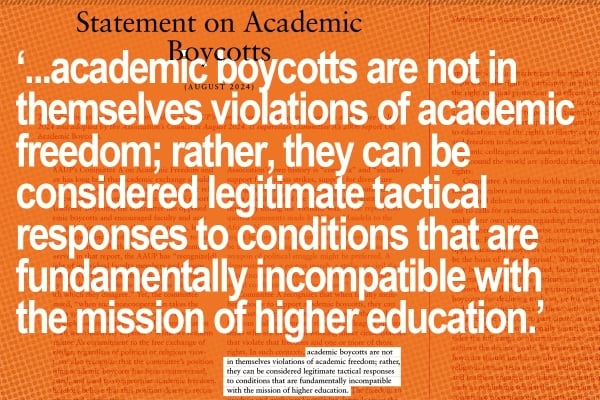Boycotts have long been a tool used by consumers to take a stand against companies or products that they feel are unethical or harmful. From the Montgomery Bus Boycott of the civil rights movement to recent calls for boycotts of certain brands due to their political affiliations, boycotts have been an effective way for individuals to make their voices heard.
However, as calls for boycotts seem to be increasing in recent years, some are starting to question whether boycotting has become the new normal in our society. While it is important for individuals to have the power to protest and hold companies accountable, relying too heavily on boycotts as a way to bring about change may have unintended consequences.
One of the main concerns with the rise of boycott culture is the potential for economic harm to innocent workers and businesses. When a company is targeted for a boycott, it is not just the executives and shareholders who feel the impact. Often, it is the employees who are left without jobs and the small businesses that rely on the company for their livelihood that suffer the most. For example, a boycott of a popular clothing brand could result in layoffs for factory workers in developing countries who have no control over the decisions of the company’s management.
Additionally, boycotts can sometimes lead to a polarized and divisive society, where individuals are quick to jump on the bandwagon without fully understanding the issue at hand. Instead of engaging in respectful dialogue and understanding different perspectives, people may resort to the simple act of boycotting as a way to express their beliefs. This can lead to a lack of nuance and critical thinking, as individuals may not take the time to fully research the issue or consider the unintended consequences of their actions.
Furthermore, boycotts may not always be the most effective way to bring about change. While hitting a company where it hurts financially can be powerful, it is often more effective to engage in dialogue and work towards finding a solution that benefits all parties involved. Collaborating with companies to make positive changes, rather than simply cutting ties with them, may lead to more sustainable and long-lasting progress.
In conclusion, while boycotts can be a powerful tool for individuals to hold companies accountable, they should not become the default response to every controversial issue. As consumers, we should be mindful of the potential consequences of our actions and strive to find more constructive ways to bring about change. By engaging in dialogue, working towards common goals, and promoting understanding, we can create a more inclusive and productive society for all. Boycotts should not become the new normal; instead, let us strive for a more thoughtful and balanced approach to activism.



